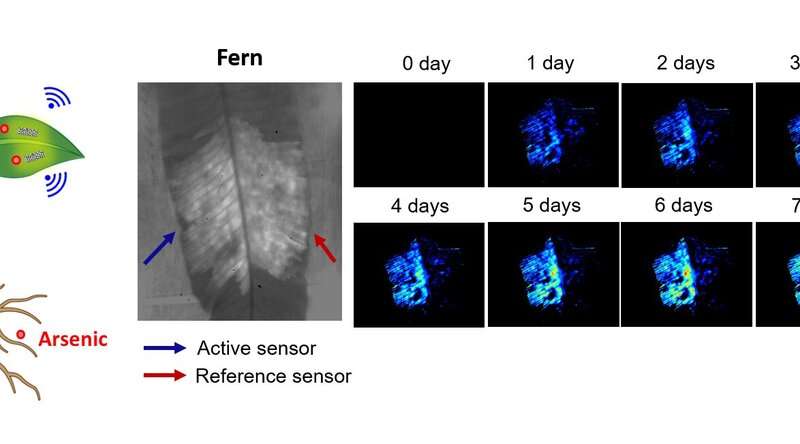Scientists from Disruptive & Sustainable
Technologies for Agricultural Precision (DiSTAP), an
Interdisciplinary Research Group (IRG) at the Singapore-MIT
Alliance for Research and Technology (SMART), MIT’s research
enterprise in Singapore, have engineered a novel type of plant
nanobionic optical sensor that can detect and monitor, in
real-time, levels of the highly toxic heavy metal arsenic in the
belowground environment. This development provides significant
advantages over conventional methods used to measure arsenic in the
environment and will be important for both environmental monitoring
and agricultural applications to safeguard food safety, as arsenic
is a contaminant in many common agricultural products such as rice,
vegetables, and tea leaves.
Researchers develop new class of plant nanobionic sensor to
monitor arsenic levels in soil



